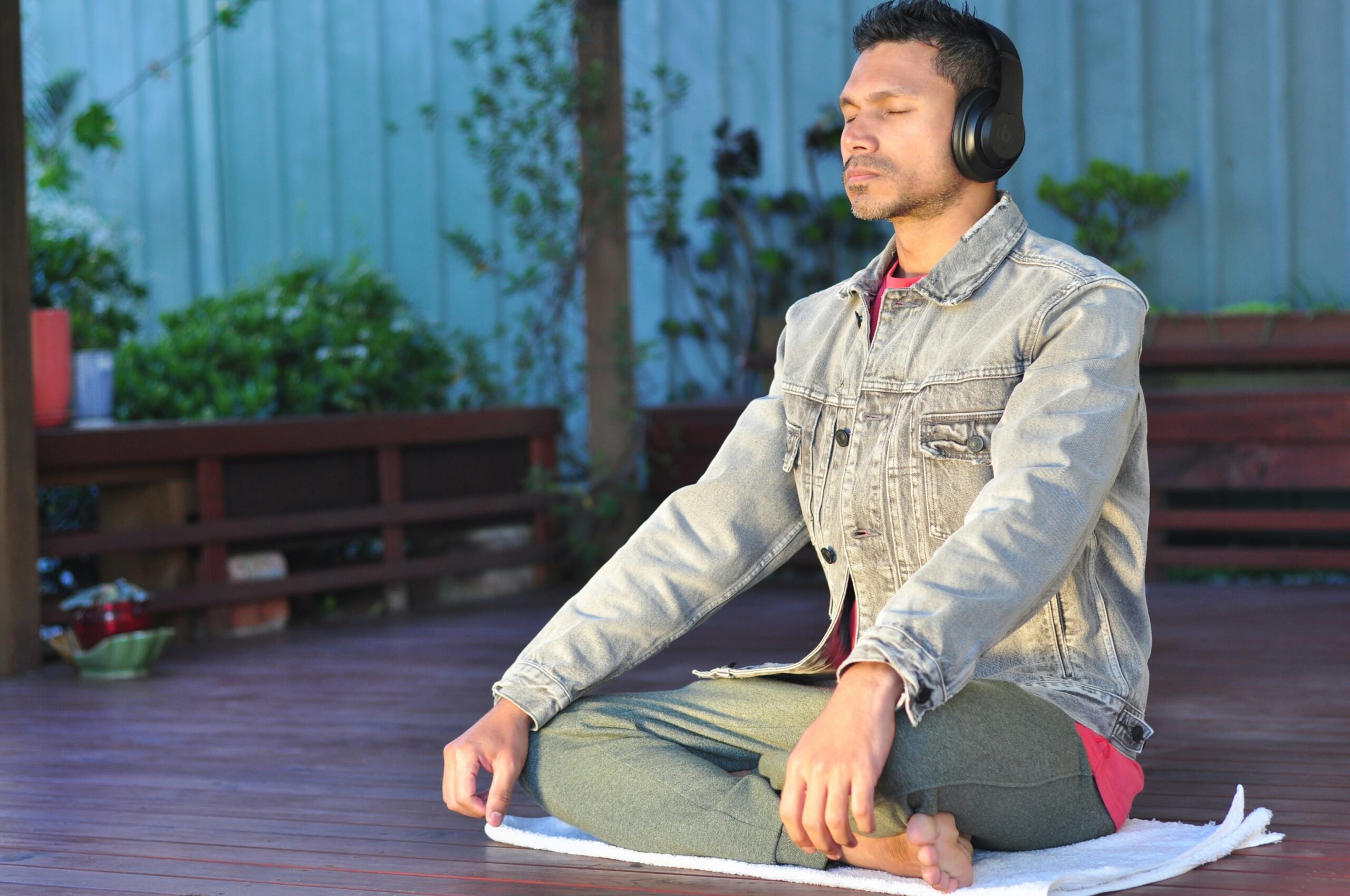Health Goals That Actually Work: 7 Proven Strategies to Transform Your Life

Introduction
We’ve all been there.January 1st rolls round, and we swear this year can be exclusive. We’ll devour easily, run marathons in our sleep, meditate like priests, and ultimately “get healthful.” But by using February, the gym bag gathers dust, the kale wilts within the refrigerator, and we’re returned to scrolling through food shipping apps in the dead of night.Why?
Because most fitness dreams are constructed on strength of mind, indistinct intentions, and unrealistic expectations now, not technology, sustainability, or self-compassion.
The truth? Health isn’t about perfection. It’s about development. And the proper dreams crafted with clarity, sponsored with the aid of evidence, and aligned with your existence can spark a change that lasts a ways past a New Year’s resolution.
Here are 7 established techniques that don’t simply sound appropriate; they are paintings. Not because they’re the latest, but due to the fact they’re rooted in behavioral psychology, neuroscience, and actual human enjoyment.
Table of Contents
1. Start Microscopically Small (Yes, Smaller Than You Think)
Most fail because they are aiming too high for soon.You don’t go from sofa to 5k in a week. You go from standing every hour to walking for 2 minutes after dinner.
Behavioral researchers call this “habit accumulation” or “2-minute rule” (thanks, James Clear). Idea?Make the first step so simple that you can’t say no.
Want to drink more water? Start with a glass before breakfast.
Do you want to move more? Put on workout shoes after brushing your teeth.
Want to eat healthy? Add a vegetable for dinner so there is no need to review your entire diet.
These small victories create identity based change. You “try to be healthy” you are someone who drinks water, goes daily and picks vegetables. And the identity stings.Pro tip: Track your micro smoker for 7 days in a row. Success creates inspiration.
2. Focus on the system, not just the target
A goal is a destination. A system is how to get there – and continue.Saying “I want to lose 20 pounds” is a goal.Creating a system of meal, a trip after lunch and 7+ hours of sleep on Sunday is your victory.As author Scott Adams says:
“Goals are for losers. Systems are for winners.”
Why? Because goals create a finish line. When you get past it, what? Systems create lifelong rhythms. They change health to your default setting – not a temporary project.Ask yourself:
What daily routine does my health support?
What environment makes healthy choices automatic? (Such as fruit on the counter, telephone charger outside the bedroom).Design your life so that the healthy choice is the simple choice.

3. Measure What Matters (Not Just the Scale)
The scale is a lie.It does not measure muscle gains, stress reduction, better sleep or joy of playing with your kids non-stop. Still, we let it decide our self-esteem.Instead, track meaningful calculations:Energy level (1-10 scale).
Sleep quality (use a simple journal or portable).
mood stability.
Texture (such as “I boiled at home 5 nights this week”).Even better: Non-scale wins as:”I walked 10,000 steps three days in a row.”
“I refused to eat snacks late at night twice this week.”
“I felt calmer during a stressful meeting.”These are the real signs of change.
4. Bases your ‘why’ on health not aesthetics
Want to know why 80% of the diets fail? They are built on external motivation: “I want ABS,” “I have to fit into my jeans,” “I hate how I look.”But external motivation fades. Life gets busy. Stress hits. And suddenly jeans don’t mean as much as comfort.
Lasting change comes from inner motivation your deepest why.Ask yourself:
Why do I really want to be healthy?Who do I want to be for my family, my work, my future?Maybe it’s:
“I want to go for a walk with my grandchildren.”I refuse to let diabetes steal my energy.I deserve to feel strong and present in my life.Write your reason on a sticky patch. Place it on your mirror. When the willpower runs out, let it guide you.

5. Embrace the Power of ‘Good Enough’
Perfection is the enemy of progress.If you forget to exercise, eat pizza or skip meditation it’s not failure. This is data
Research shows that people who practice self compassion are more likely to adhere to healthy habits in the long term. Why? Because they don’t bend in shame. They are mercifully restored.instead of:”I ruined my diet. I am a failure.” try:
“I ate more than I planned. Tomorrow I will drink more water and take a walk.” This shift in mindset from judgment to curiosity keeps you in the game.Remember: Stability for several months> perfection for a week.
6. Build your health ecosystem
You are not transformed into nothing.Your environment people, routines, digital rooms – promotes or conflicts with your goals.Audit your ecosystem:
People: Do your friends support your goals? Can you get a responsibility buddy?
Home: Is your kitchen set to success? (Such as pre cut vegetables, water clear mold)
TA: The following accounts that trigger comparisons. Follow people who inspire action.
Time: Plan health as a non-translucent meeting.
One study found that if your best friend becomes overweight, the risk increases by 57%. Not because of genetics but because of shared habits.
Choose your circle with care. Design your space on purpose.
7. Celebrate Progress, Not Just Outcomes
Change is not linear.A few weeks you fly high. Others, you wait. This is normal.But if you only celebrate the “big gains” (weight loss, completion of marathon), you miss the daily courage needed to emerge.So celebrate:
The first time you chose water instead of soda
The day you rested instead of getting after fatigue
The moment you hear your body’s starvation signals
These are the quiet victories that create a resilient, gratifying relationship with health.Your health journey is not a race. This is a return of your body, your energy, your life.
The main point: Fitness is a practice not a performance.
Forget crash diets, 30-day challenges or overwhelming workouts.Real health is built on small, consistent choices that honor your humanity.It’s about appearing imperfect, learning, adjusting and never giving up on yourself.These 7 strategies are not magical.But they are skilled, practical and deeply human.
Start with one. Master it. Then add another.Because the goal is not a perfect body or a flawless routine.The goal is to have a life that feels good to you today, tomorrow and for decades to come.
your trip
Which of these 7 strategies do you like most?Choose one to implement this week.Not seven. Only one.Because change does not start with any magnificent gesture.It starts with a simple, courageous step.And by reading so far you already have it.Live it now.
Q: How do I set health goals I’ll actually stick to?
A: Start small, be specific, and tie your goals to your values not trends. Instead of “lose weight,” try “walk 30 minutes, 5 days a week to feel more energized for my kids.” Consistency beats intensity every time.
Q: What’s the #1 reason people fail at health goals and how can I avoid it?
A: Unrealistic expectations. Many aim for perfection and quit after one slip-up. Focus on progress, not perfection. Miss a workout? Eat a cookie? Just get back on track with your next choice no guilt needed.
Q: Do I need a complete lifestyle overhaul to see results?
A: Absolutely not. Research shows that one sustainable change (like drinking more water or sleeping 7 hours nightly) often creates a ripple effect, naturally improving other habits over time.








